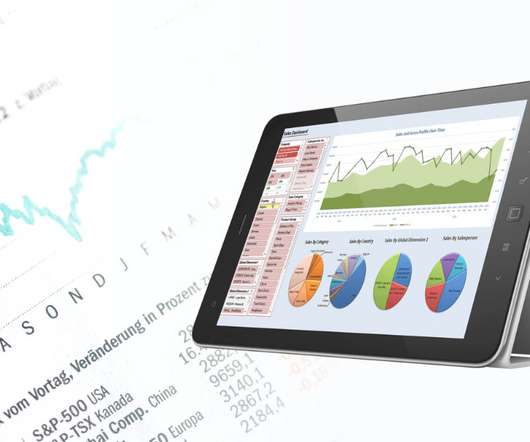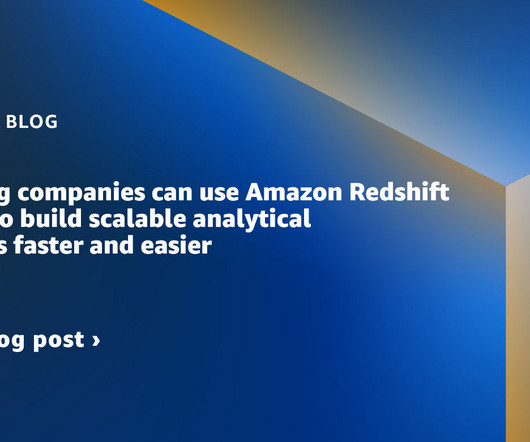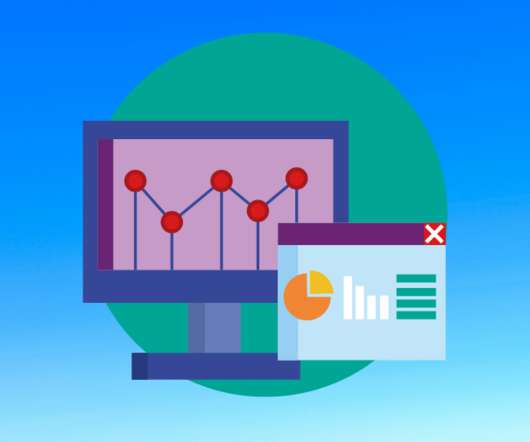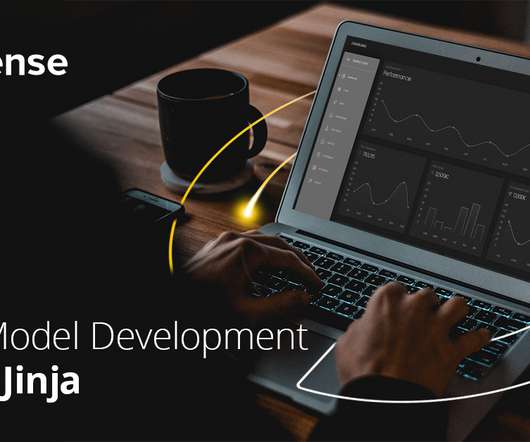Navigating Data Entities, BYOD, and Data Lakes in Microsoft Dynamics
Jet Global
SEPTEMBER 4, 2020
For more sophisticated multidimensional reporting functions, however, a more advanced approach to staging data is required. The Data Warehouse Approach. Data warehouses gained momentum back in the early 1990s as companies dealing with growing volumes of data were seeking ways to make analytics faster and more accessible.

















Let's personalize your content